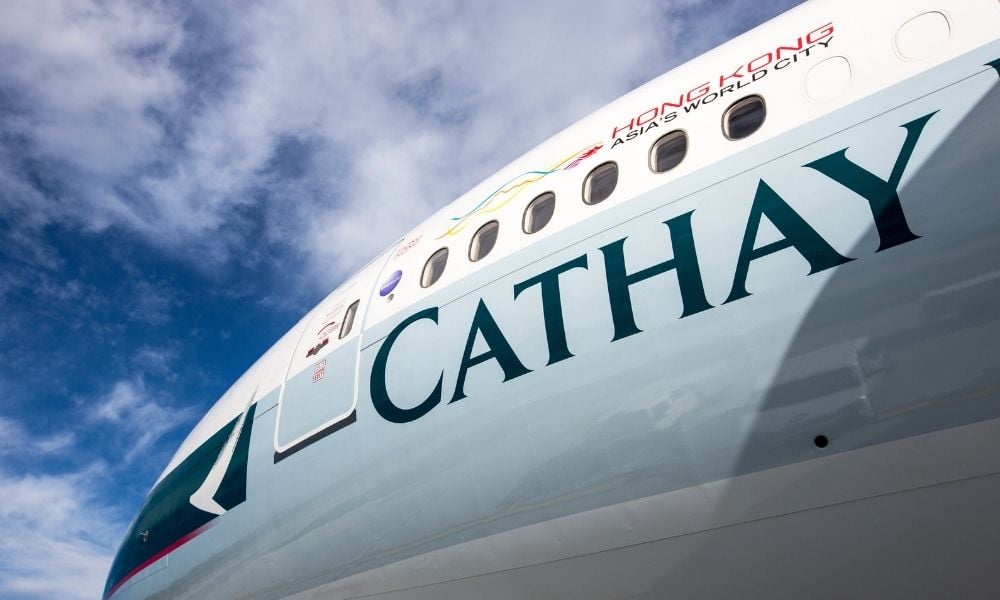
The airline refused to pay long service leave entitlements to rebased pilots

In a recent decision, the Fair Work Commission considered six employees of Cathay Pacific Airways Limited (“Cathay Pacific”) who were refused their long service leave entitlements after being relocated from Hong Kong to Australia. Ultimately, the Commission described the airline’s interpretation of its enterprise agreement to be “fundamentally wrong” and found in the employees’ favour.
Between April and July 2020, six pilots at Cathay Pacific were rebased from Hong Kong to New South Wales, Victoria and Queensland. Due to a delay in rebasing, by the time the pilots arrived in Australia, the dramatic reductions in international air travel caused by COVID-19 saw them be stood down at 50% pay. The pilots inquired about taking long service leave entitlements at half pay to make up for their lost income during this period.
Although initially receiving verbal confirmation, the pilots received a letter stating that the airline had refused their long service leave requests. The letter noted that the pilots’ “absence of any flying duties since being rebased in Australia” was clear evidence that their service did not have the required “substantial connection” with New South Wales, Victoria or Queensland. The pilots subsequently filed an application with the Fair Work Commission.
The pilots submitted that the enterprise agreement overrode the legislative requirement that their employment have a “substantial connection” to the Australian jurisdictions. They also noted that, although none had performed flying duties, they were still required to complete various training tasks when they were stood down.
In contrast, Cathay Pacific submitted that the pilots were “opportunistic”, given that they had not performed any “meaningful work” since arriving in Australia. The airline further asserted that it could not recognise the pilots’ foreign service for long service leave purposes.
The Commission found that the enterprise agreement displaced any requirement for “significant or substantial connection.” It also noted that the airline was “selective” in its interpretation of the enterprise agreement, given it had awarded long service leave to other pilots who were rebased in 2019 and had since performed only a handful of flights in Australia.
“Irrespective of whether individuals performed some online training or other activities… whilst they were stood down from flying duties their employment and their continuity of service was maintained,” the Commission said.
With this, the Commission found that the pilots were entitled to long service leave under the airline’s enterprise agreement.